Top 3 Business & Marketing Tips For Filmmakers
Get More Gigs, Sell More Films, Make Bigger Deals

Guest Post by: Kevin Elliott/Owner, Wewa Films
Published August 14, 2020
If you’ve been a documentarian for more than five minutes, you know making documentaries is fun and selling them is hard.
I’m a new filmmaker. My business partner and I started our company Wewa Films less than a year ago. But I have been an entrepreneur and corporate marketing guy for more than 20 years. That means I don’t know everything about film, but I do know sales.
Once I entered the documentary business, it didn’t take me long to realize the words "marketing," "branding," and “selling” are somewhat uncomfortable and foreign concepts to many filmmakers.
But here's the thing – If you learn just a few basic marketing concepts, you will up your chances to sell more films, win more investment funding, and potentially grab that Netflix deal you’ve not-so-secretly dreamed of.
Here are my top three marketing tips for filmmakers:
1. Think of Yourself As A Marketer
Filmmakers are artists. For some reason, most artists I know don’t like to think of themselves as “marketers.” They see marketers as sleazy salespeople and manipulators. Many filmmakers also feel they are being pushy, obnoxious, and boastful when they toot their own horn.
Get over it. If you want to sell your films, actually make money at your craft, you must think of yourself as a filmmaker AND a marketer.
That said, you can market your business without being sleazy, manipulative, or a blowhard.
Here’s how.
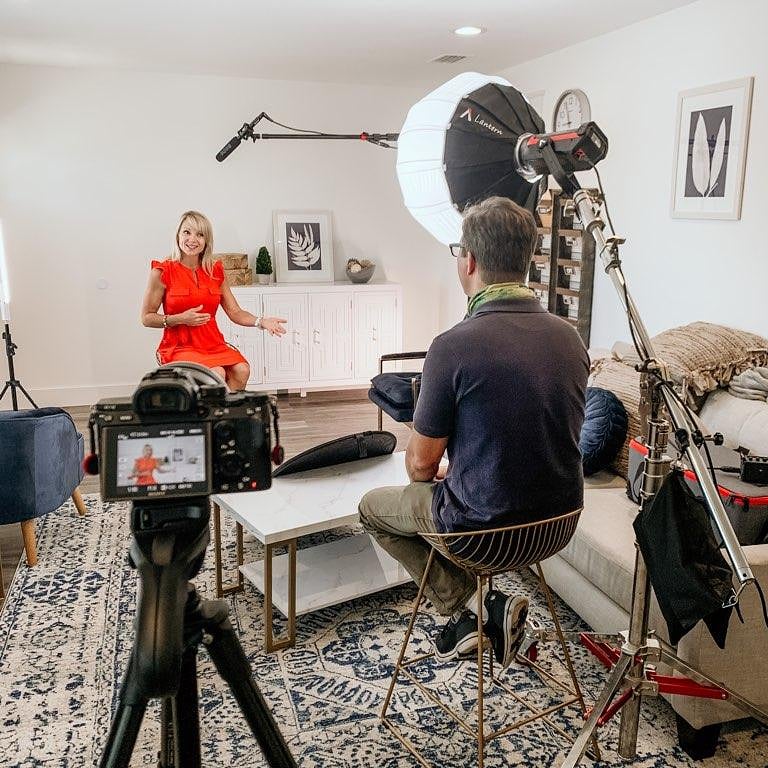 Kevin Elliott of Wewa Films conducting an interview
Kevin Elliott of Wewa Films conducting an interviewBe a Friend
Have you ever been to a restaurant or vacation spot that blew your mind? Have you read a book that changed your life? Did you keep those experiences to yourself? Of course not. You told your friends and loved ones all about it. You probably even encouraged them to eat there, vacation there, or read that. Especially if you knew it would be a good fit for them and would benefit their life.
When you were persuading your friends to try these things, did you feel sleazy or manipulative? Pushy or obnoxious?
Good marketing is one friend persuading another to try something that will be good for them. In fact, I’ve gone so far as to write that good marketing is an act of love.
Stop seeing yourself as a dirtbag for telling others about your business and start thinking of yourself as a loving friend with some very good news.
After all, what kind of person would you be if you didn’t tell your friends?
2. Learn The Rules of Positioning
The longer I’m in the business world, the more I believe that positioning is the primary key to success.
Never heard of positioning? Don’t worry, it’s not that hard to understand. Funny thing is though, very few businesses do it well.
Crucial Categories
Positioning goes like this – Because we consumers encounter too much information every day, our brains make mental shortcuts and put businesses into “categories” in our mind. Think energy drinks, German vehicles, or computer operating systems.
Categories are defined by a single attribute of a product or service. For example, all I have to do is change “German” vehicles to “Japanese” vehicles and you’re thinking of different cars. We’ve changed categories.
Now for a crucial point. Our brains only allow two or three names into each category. Just two or three.
For instance, if I say “energy drinks,” what are the first two (and probably only) brands that come to mind?
Monster and Red Bull.
If I say “German vehicles,” you think Mercedes and BMW.
Computer operating systems = Windows and iOS.
And on and on. For every category, just two names.
Crowded Categories
Here’s the rub. Once a category has two well-known names in it, you have almost zero chance of being known for the same thing.
To be known, you must identify one attribute that makes you different from the others and create your own category.
But what does that have to do with marketing a documentary film company?
If I say, “American history documentarian,” you likely think of Ken Burns. If I say, “Investigative political documentarian,” Errol Morris probably pops to mind. Nature docs? David Attenborough, of course.
Those filmmakers own their category, their “position,” in documentary filmmaking. You can’t be known for the same thing.
I’m sorry if you were going to make the next big documentary about the Shakers. Ken already did it.
However, if you change just one attribute—maybe have your subjects tell American history stories while inebriated—you have a new category called Drunk History.
You might ask, “Alright Kevin, if you’re so smart, what’s your position for Wewa Films?” Glad you asked.
Wewa Films is a cinematic documentary film company. Everything we produce is cinematic, like a painting in motion. What’s your position?
Define Your Difference
To gain a position in the market, you must find something, just one thing, that makes you different. Then never stop talking about it. That one difference can make or break your documentary and your business.
I didn’t come up with this on my own. I learned it from the godfathers of market positioning, Al Ries and Jack Trout (they coined the term “positioning”). Their book Positioning: The Battle for Your Mind is required reading for business owners.
Learn it, love it, live it.
 Kevin Elliott on the set of Wewa Films' docu-series CRAFT
Kevin Elliott on the set of Wewa Films' docu-series CRAFT3. Up Your Public Speaking Game
 Kevin Elliott speaks to a corporate group about marketing. Public speaking events let you build brand awareness and practice for pitching your ideas for money.
Kevin Elliott speaks to a corporate group about marketing. Public speaking events let you build brand awareness and practice for pitching your ideas for money.
One of the most effective ways to impress people, including money people, is speaking in public. There is something about humans that, when we see someone deliver a presentation, we automatically find them smarter and more credible.
Yes, it is scary. Yes, it is exhausting. Yes, it takes a lot of work. But practicing your public speaking skills has three undeniable benefits for your marketing.
Brand Awareness
You can’t sell people on your documentary idea if they don’t know who you are. Even if they see an ad for your business, they don’t know you, the heart and soul of your operation. One public talk can put you on the map. It has happened to me and I’ve seen it happen to many others.
Pitch Practice
You can never practice pitching too much. Always be ready to speak about your ideas because you never know when the right person will ask. Pitching is a science and artform all its own and it takes much practice to get good. So get started.
Connections
If you haven’t figured it out by now, the most successful businesspeople have the right connections. Is that just? Probably not. Is that the way things are? You better believe it.
When you do a talk, make sure you hang around afterwards. Just linger. People from the audience will come talk to you. Some just to introduce themselves and offer a compliment, some to learn more about your business. Those are connections that no amount of advertising can buy.
To this day, my single largest business contract started when a guy saw me speak in public, tapped me on the shoulder afterward, and invited me to his office to talk about his business.
You should speak in public every chance you get. It will build your business, I promise.
Read This Book
I have a book that can help you not only speak better to money people, but better communicate your creative business in general.
It’s called Good in a Room by Stephanie Palmer.
Palmer was an executive at MGM studios and, in her time there, heard more than 3,000 movie pitches.
She discovered that the difference between a script that got the green light and one that did not wasn’t the story or quality of the script. It was the pitch.
Those who were “good in a room,” i.e. could present well, got their funding, even if their script was lack luster.
She left MGM and started a consultancy to help creatives better sell their ideas.
It is the single best communication book I have read for those of us in creative industries.
I Hope This Helps
I have always wanted to make documentaries. Now I have a company that does. I’m a 45-year-old newcomer. That said, I know marketing.
I am using the principles I have just described to build my documentary business. I truly hope they help yours.
About The Author
 Kevin Elliott
Kevin ElliottKevin Elliott is the co-founder and lead producer for Wewa Films, a documentary company in the small Northwest Florida town of Wewahitchka (USA).
Wewa specializes in soulful, cinematic filmmaking. Great stories, beautifully told. Their latest project is a docu-series called CRAFT. Each episode profiles a different artist or artisan and tells the story of how their artform chose them.
Learn more: wewafilms.com
Other Articles You May Enjoy
- How To Get Your Documentary On Netflix - 4 "Must-Haves"
- How To Create an Accurate Documentary Budget
- Documentary Publicity 101: How To Build Buzz On A Budget
Ready To Make Your Dream Documentary?
Sign up for our exclusive 7-day crash course and learn step-by-step how to make a documentary from idea to completed movie!
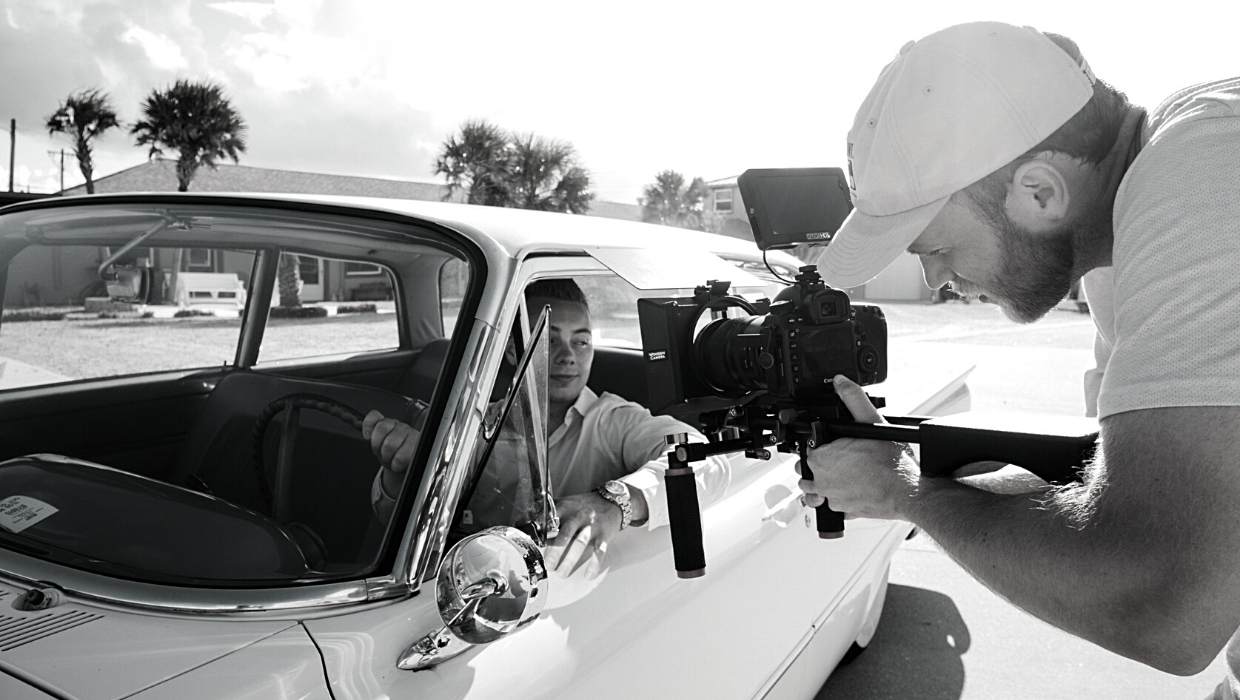

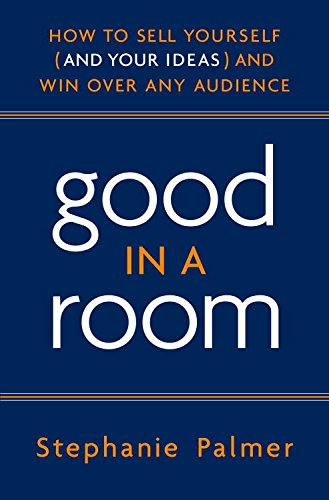











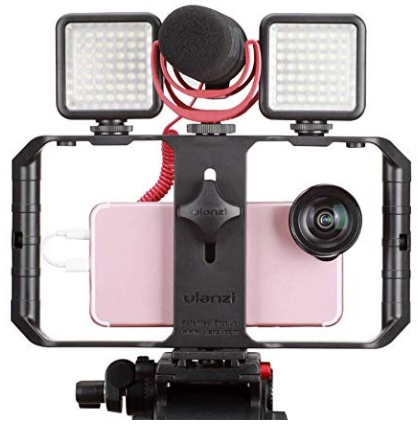
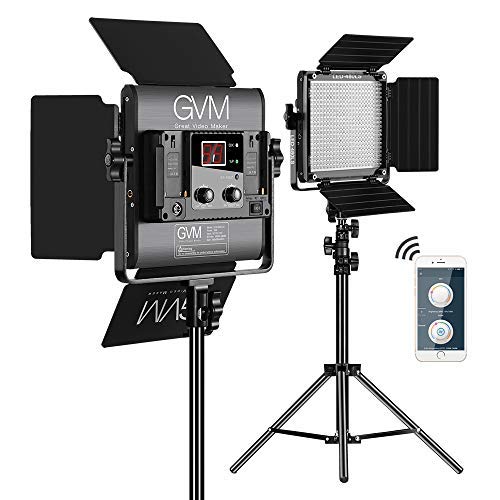

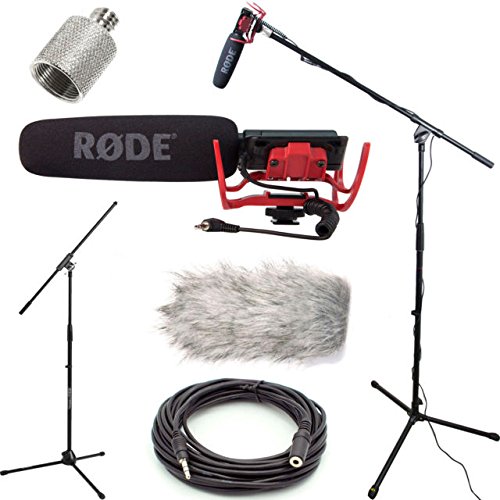
New! Comments
[To ensure your comment gets posted, please avoid using external links/URL's]